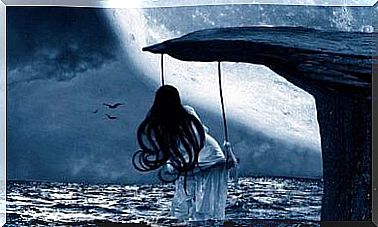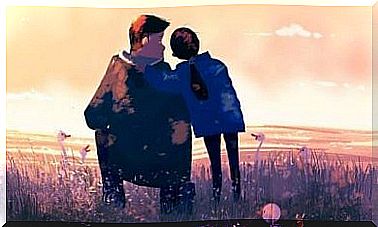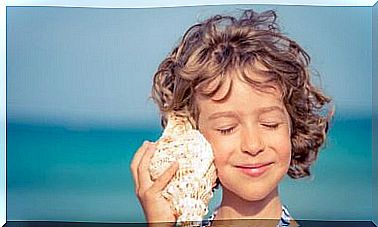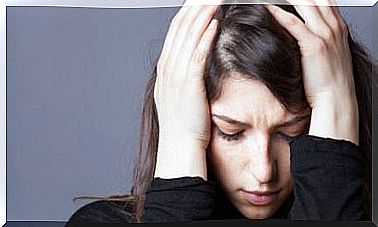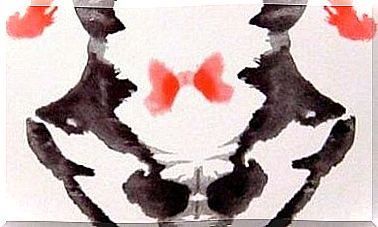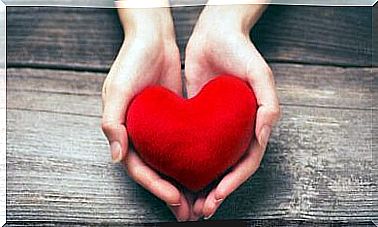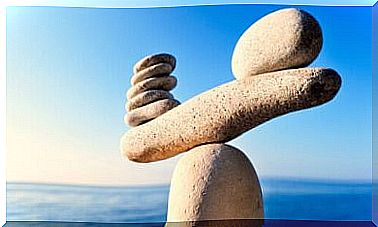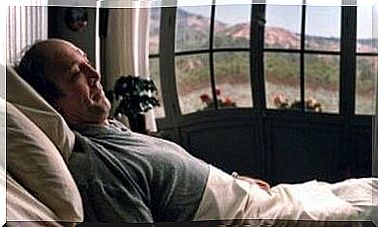“Oziophobia “: A Disease Of The Present Day
The term “oziofobia” (Italian translation of “ociofobia”) was first coined by Rafael Santandreu, a Spanish psychologist. The expert wanted to define with this word the fear of not having something to do. It is one of the problems of today’s society that are starting to take hold without even realizing it. Psychologists realized this when they began to have more and more work-obsessed patients or people who resorted to work to escape from the problems they did not want to face.
It seems that nowadays more and more people start to panic when they have some free, empty time. Free time that they have not planned or that was not foreseen because they have already finished every activity and that seems to lead nowhere.
How is it possible that we got to the point of being afraid of free time? Our parents or grandparents saw it as a gift. The free time was made for rest or recreation. However, he never gave a feeling of aversion. Indeed, quite the opposite: it was longed for. What happened?
Fear of free time and boredom
Everything seems to suggest that boredom has reached the status of cardinal sin today. Those suffering from “oziophobia” are afraid of the possibility of getting bored. This feeling is intolerable and generates panic, literally. “Wasting” time, doing nothing, is almost like having contracted the plague.
People with this phobia are desperate when they have nothing to do. They see leisure as a powerful threat. If they could draw what they feel, it would be a large black hole threatening to absorb them.
Compared to free time, they develop ill-defined fantasies. It is as if they have a premonition that something terrible will happen to them. As if the main feature of idleness is something unknown and frightening that they don’t want to face.
Symptoms of those suffering from “oziophobia”
The most visible symptom of those suffering from oziophobia is anxiety. It manifests itself with great intensity when the person in question has nothing to do, but also before a weekend without plans and increases before the holidays.
People of this gender are strongly influenced by the ideologies of effectiveness and productivity. They prioritize successes over happiness. The worst thing is that they measure their successes in quantitative rather than qualitative terms. They boast of the many activities carried out or the many goals achieved. They don’t mention the real quality of these hits.
Equally serious is the fact that these people try to pass this lifestyle on to their children. They are the classic parents who enroll their children in any course. They want them to speak German by the time they are ten, and by the time they are thirteen they already know how to play the piano perfectly. One way or another they teach their children to be anxious. They convey to them the idea that the time they don’t spend producing or learning is the worst mistake they can make. Woe to idle! Woe to be bored!
Rafael Santandreu, father of the concept of “oziophobia”, says we should learn to get bored more. There is nothing wrong with that. There is nothing terrible about spending an hour staring at the wall and thinking about nonsense. Not only is there nothing wrong with that, but it is necessary. This is an aspect that fits perfectly into the concept of balance. It’s okay to work and have various interests, but it’s just as good to remarry and get bored from time to time.
Santandreu reveals that idle minds are much more productive. He also states that “the ideal proportion would be an hour of work and 23 hours of leisure”. Let’s not forget that lions go hunting only once a week and that Cervantes wrote his Don Quixote of La Mancha during his leisure time in Castile. There is no trace of his employment as a tax collector, but the result of his idleness has brought about a transformation of the Spanish language and literature that has come down to our days.
It would be good if we found the ability to look at the landscape as we cross the city on foot. It is necessary to slow down, to begin to go slower. Better to do a few things, but with pleasure, than to do too many things under stress. Better to spend the short time of life to love and create, instead of writing reports or respecting schedules and deadlines. It is not a sin to do nothing. It is not a disease to be bored from time to time. Quite the opposite: they make us better.
